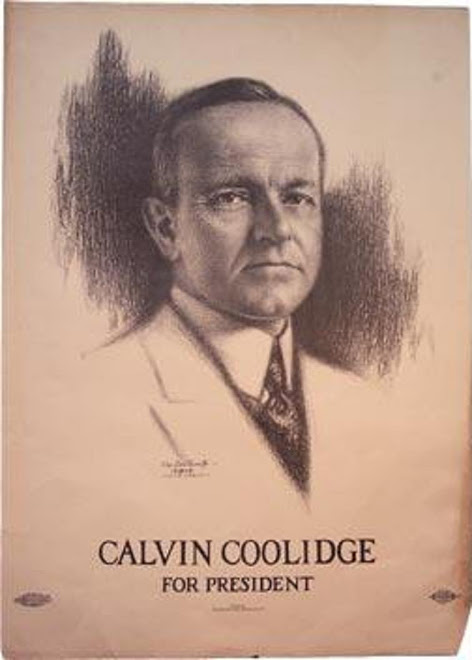All very sensible, but I think that Kling may be too quick to disassociate productivity growth and tax cuts. Drawing on BLS data, I constructed the following graph:What does this outstanding productivity performance say about economic policy under President Bush? Nothing. Let me repeat. Nothing. There is no political point-scoring to be made out of the news on productivity.
First of all, it is important to understand that, for the most part, productivity growth is the economy's gift to policymakers, not the other way around. It would be foolish to attribute to tax cuts that which ought to be attributed to Moore's Law.
Second, even when economic policy affects productivity growth, the effect comes with a long lag. We do not know how much of today's productivity growth reflects Clinton-era policies or Reagan-era policies or even the deregulation that began under President Carter.
Finally, one should not necessarily use these productivity figures to brag about anyone's economic policy. One could argue that our productivity growth really ought to be higher. In a column I wrote called Rationally Exuberant, I pointed out that computers are an ever larger-share of the economy. Suppose that productivity growth in the traditional economy is 1 percent per year and that productivity growth in computers is 50 percent per year. In that case, an economy that is 6 percent computers and 94 percent everything else should grow at a rate of 3.94 percent per year. If so, then perhaps from a policy perspective the question we ought to be asking is, "What are we doing wrong?"

Note: Derived from annual data for nonfarm business productivity, 1948-2005, which are available via this link. The productivity gain for 2005 is based on the average for the first three quarters.
I take the gain for 1948-51 to be related to retooling after World War II. But productivity surges since then seem to have had something to do with cuts in federal income-tax rates:
- The productivity surge that peaked around 1965 followed quickly from the reduction of the top marginal rate from 91% in 1963 (where it had been since 1954), to 77% in 1964 and 70% in 1965. (Those cuts were proposed by President Kennedy in 1963.)
- The rebound in the 1980s followed the cut in the top rate from 70% to 50% in 1982. (The almost-certain prospect of Reagan's election in 1980 surely led many investors to anticipate tax-rate cuts even before Congress had approved them.)
- The end-of-century surge that began around 1996 may have been given a boost by the anticipation and realization of Bush's tax cuts.
- During the long decline in the rate of productivity growth from the early 1950s to the early 1980s, the top marginal tax rate dropped by only 24 percent (from 91% to 70%). The reduction in the top income-tax rate wasn't enough to offset the growing regulatory burden and the prospect of permanently high inflation.
- That changed, however, with the Republican resurgence that began with Reagan's election in 1980. There has since been a 50-percent reduction in the top marginal tax rate (from 70% to 35%), which neatly dovetails with the rebound in productivity since the early 1980s.
